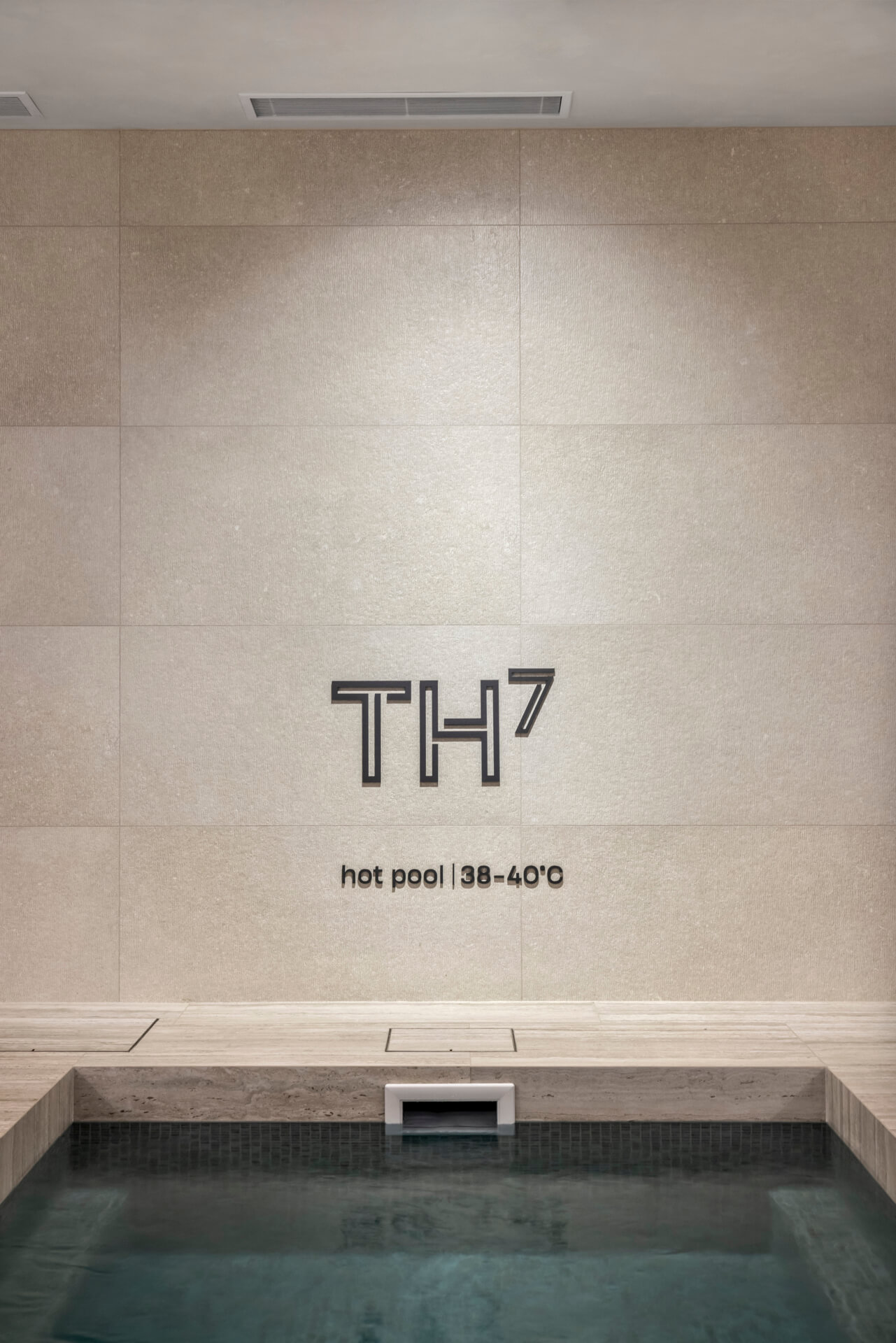After a metabolism boost or need to de-stress?
You have nothing to worry about. Floating won’t leave you dehydrated – in fact, you can expect to leave the tank with your body feeling even more nourished than before.
The benefits of float tank therapy are endless – from deep relaxation that assists the body’s metabolic and hormonal balance, and improving recovery from mental and physical stress, to reducing chronic pain, improving sleep quality, and boosting mental clarity.
Read on to find out more about our state-of-the-art float tanks and how you can benefit from floatation therapy.
CAN FLOAT TANKS DEHYDRATE YOU?
You do not have to worry about becoming dehydrated after your session in the float tank. Despite the high salt concentration in the water, your skin won’t even prune up.
Your body actually absorbs the highly beneficial magnesium from the Epsom salt, which is extremely nourishing for the skin and hair, leaving it smooth and silky.
After your session, you can enjoy a soothing cup of herbal tea or water to ensure that you are sufficiently hydrated.
WHAT SHOULD YOU AVOID BEFORE YOUR FLOAT TANK SESSION?
To have the best experience in our floatation tank, the following should be avoided before your session:
- Stimulants (including coffee and pre-workout) for several hours prior
- Alcohol and drugs on the day of your flotation therapy
- Shaving or waxing, as the salt solution can cause discomfort on your skin
- Eating a big heavy meal straight before your session (your digestive functions may distract you while you float)
- You may also want to limit your liquids immediately before, so your session won’t be interrupted by a bathroom break
WHAT DOES A FLOAT TANK DO TO YOUR BODY?
Floating effortlessly in a gravity-free tank environment naturally balances the body and aids in internal healing, thanks to the lack of external stimulation.
Studies show that regular sessions in a floatation tank (a.k.a sensory deprivation tank) can significantly reduce blood pressure and stress hormone levels (cortisol) in the body.
Sore muscles, aches, and old injuries (especially back pain) will experience instant relief from floating in the Epsom salts containing high levels of magnesium.
Float tank therapy is extremely beneficial in aiding the treatment of stress, anxiety, jet lag recovery, and boosting concentration and creativity.
In addition, many athletes claim that floating improves their sports performance as well as post-training muscle recovery.
WHAT EFFECTS DOES FLOATING HAVE ON THE MIND?
When practising deep meditation, or moments before you fall asleep, your brain produces slower brain-wave patterns – called alpha and theta waves. Being in the floatation tank has the same beneficial effect on your brain.
Usually, this deep state of relaxation is accompanied by profound mental clarity, vivid imagery, creative sparks, sudden insights and inspirations. The release of endorphins (the body’s natural feel-good chemicals) can bring on feelings of immense joy and peace.
Restricted environmental stimulation therapy has been used widely by medical professionals in the treatment of depression and overcoming addictions, like smoking and alcohol.
Some universities and schools use floating as a tool for Super Learning to maximise their brainpower and learning capacities.
WHO SHOULD NOT USE A FLOAT TANK?
While reduced environmental stimulation therapy comes with wonderful health benefits, floatation tanks unfortunately aren’t suitable for everyone.
If any of the following conditions apply to you, you should not make use of a flotation tank:
- Claustrophobia
- Uncontrolled epilepsy
- Open wounds
- Skin ulcers
- Contagious diseases
- Diarrhoea
- Gastroenteritis
- Low blood pressure
- Kidney disease
- Any serious psychological conditions
- Drug or alcohol intoxication
WHAT DO YOU DO AFTER A FLOAT SESSION?
When you step out of the isolation tank, there is a high chance you will feel deep relaxation – like you have been floating on a cloud.
Here are some tips for after your session:
- Give yourself some time to recover. Avoid rushing off to your next appointment immediately after you leave the tank if you really want to feel the maximum benefits.
- Take a relaxing hot shower after your float to wash off the saltwater.
- Drink a lot of water or herbal tea afterwards to further enhance the detoxification process.
- It’s not unusual to feel emotional, euphoric, or even slightly disorientated. Be mindful of how you feel, and take some time to let it pass.
FAQS
DO FLOAT TANKS MAKE YOU TIRED?
You can expect to feel a degree of relaxation and sleepiness or even a little ‘spaced out’ during your float session.
Thanks to the immense release of built-up stress, many floaters experience extreme levels of relaxation and actually fall asleep in the float tank. (Which is perfectly safe.)
Doctors suggest that just one hour of sleep in a sensory deprivation tank is equivalent to 4 to 8 hours of normal deep sleep.
HOW OFTEN SHOULD I USE A FLOAT TANK?
You can expect to already feel the incredible benefits after your very first float. However, you would typically need 3 sessions or more to fully enjoy the health benefits that float therapy has to offer.
We recommend our clients to book 3 float tank sessions spread out over a few weeks.
Studies show that consistent floating sessions are key to obtaining the well-researched physical and mental benefits of floatation therapy.
If you’re looking for long term benefits, monthly sessions will be extremely rewarding for you.
SHOULD YOU EAT BEFORE FLOAT THERAPY?
Whether you float in a fasted state or on a full stomach, it is entirely up to you. However, we recommend eating a light meal or a snack about 1 to 2 hours before using the floatation tank.
This is because a stomach full of food, or on the other hand, being hungry, may distract you with the sounds and feel of your digestive tract while you float.
HOW LONG DO THE BENEFITS OF FLOAT THERAPY LAST?
For some people, the full relaxation effect of float therapy only sets in about an hour after they have been floating. And the state of deep relaxation can last for up to a full 24 hours following your session.
This is why floatation tanks are extremely useful as a tool to aid in the short-term treatment of anxiety and depression.
Professional athletes have used floating for years to speed up their recovery from sore muscles, pain, and stiffness. Improved vasodilation from floating assists the body with flushing out lactic acid (after exercise) more effectively.
FINAL THOUGHTS
Whether you are looking to improve your sleep quality, relaxation, and mental clarity, or reduce your stress, anxiety, and fatigue – a floatation tank can do wonders for both your overall mental and physical health.
The powerful magnesium (Epsom salt) solution in the float tank will not leave you feeling dehydrated after your session, despite the high salt concentration. Instead, you can expect your skin and hair to feel nourished, smooth, and silky.
If you are looking to experience profound peace and inner healing – give our float tank a try and enjoy the magic of floating.



















